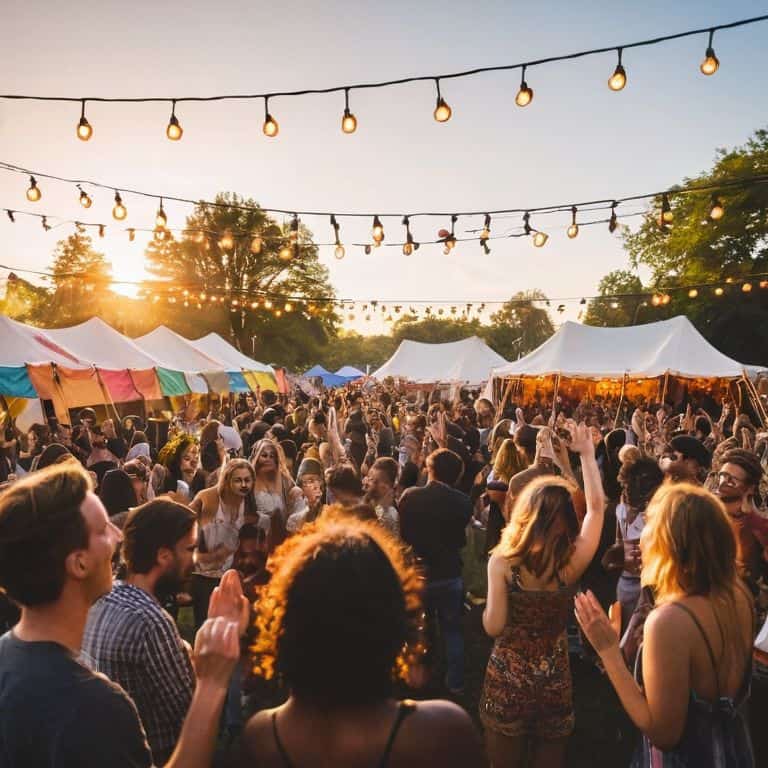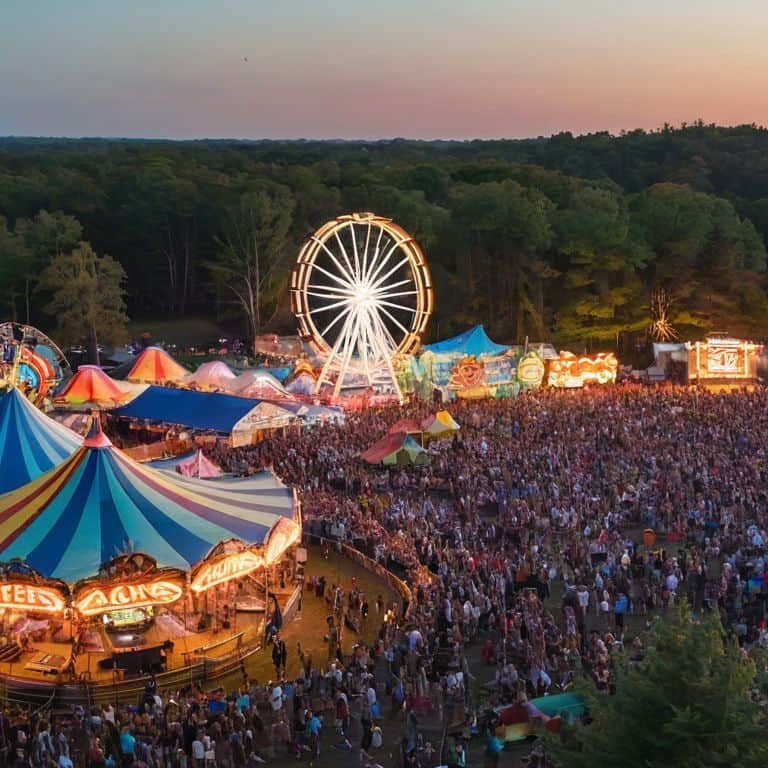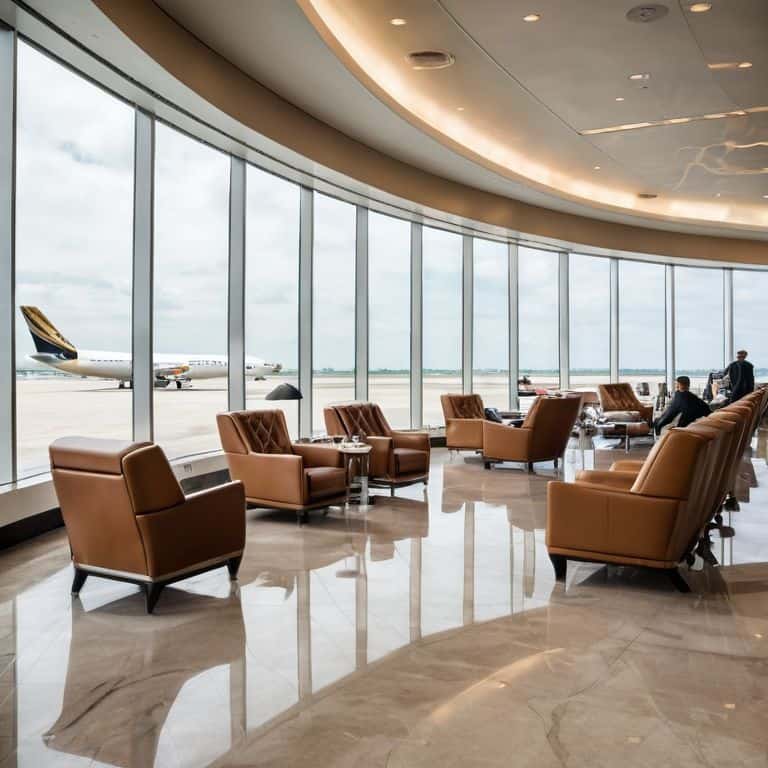I still remember the first time I stumbled upon the concept of the experience economy – it was at a trendy, overpriced cafe in London, where the barista was more concerned with crafting an “Instagrammable” moment than actually making a decent cup of coffee. It got me thinking: what’s the point of it all? Is it just about creating a facade of enjoyment, or is there something more substantial at play? As someone who’s spent years studying consumer behavior, I’ve grown tired of the generic advice and marketing speak that surrounds this topic.
In this article, I promise to cut through the noise and provide you with honest, experience-based insights into the world of the experience economy. I’ll share my own observations, gathered from years of working with top brands and studying the cultural forces that drive our desires. My goal is to help you understand the why behind the trend, rather than just the what. I’ll give it to you straight, without the fluffy marketing speak or bland advice. If you’re ready to dive into the real story behind the experience economy, and uncover the secrets that will help you create truly unforgettable moments, then let’s get started.
Table of Contents
Cracking the Experience Economy
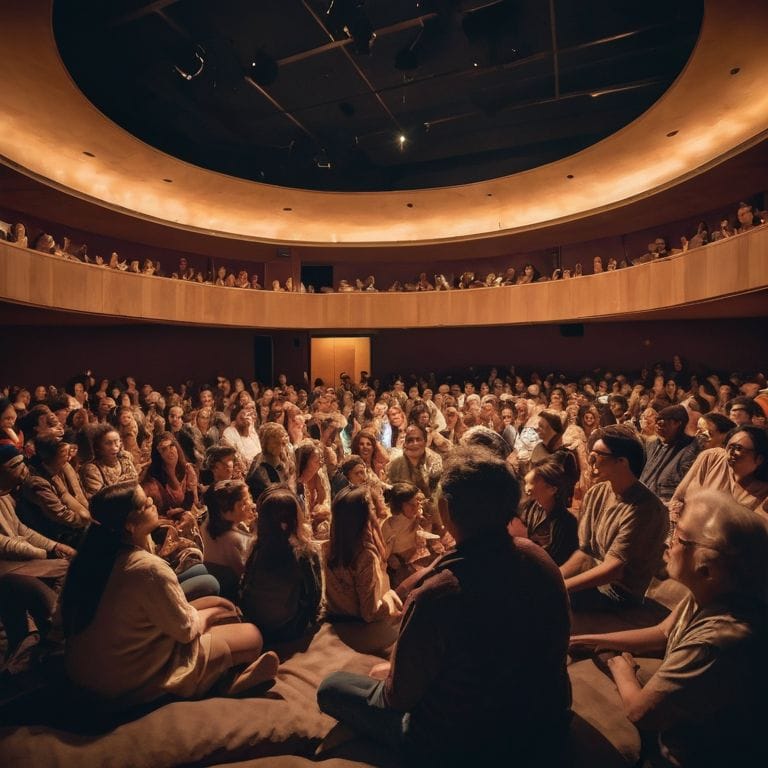
As I delve into the world of immersive entertainment trends, I’m struck by the way they’re redefining the way we consume experiences. It’s no longer just about attending an event or visiting a destination; it’s about becoming an active participant in a carefully crafted narrative. This shift is largely driven by our desire for authentic connections, which are often lacking in our increasingly digital lives. By creating spaces that foster emotional connection through experiences, brands and event organizers are able to tap into our deep-seated need for community and belonging.
The rise of luxury travel experiences is another phenomenon that’s closely tied to this trend. High-end travelers are no longer content with simply visiting a new destination; they want to be fully immersed in the local culture, often through experiential marketing strategies that provide exclusive access to unique events and activities. This not only creates a sense of prestige but also allows travelers to develop a deeper understanding of the places they visit. By investing in these types of experiences, travelers are able to forge meaningful relationships with the people and environments they encounter.
At its core, the key to cracking this code lies in understanding consumer behavior in experience economy. It’s about recognizing that people are no longer just passive consumers; they’re active participants who crave interactive and dynamic experiences. By tapping into this desire, brands and event organizers can create truly unforgettable moments that leave a lasting impression on their audience. Whether it’s through authentic cultural events or innovative marketing campaigns, the goal is to create a sense of immersive entertainment that draws people in and refuses to let go.
Authentic Events Cultural Currency
As I delve into the world of authentic events, I notice a shift towards exclusive gatherings that offer a sense of belonging to a particular group or subculture. These events are carefully curated to provide an immersive experience, often with a focus on storytelling and community building.
The key to creating such events lies in crafting an atmosphere that feels genuine, where attendees can connect with like-minded individuals and forge meaningful relationships. By doing so, event organizers can tap into the cultural currency of their audience, creating a loyal following that craves these unique experiences.
Immersive Trends Redefining Luxury
As I prowl the streets with my camera, capturing the essence of street style, I’ve noticed a shift in how luxury is perceived. It’s no longer just about _opulence_, but about immersive experiences that leave a lasting impression. The lines between reality and fantasy are blurring, and luxury brands are taking note.
In this new landscape, sensory storytelling is key. Brands are crafting experiences that transport customers to new worlds, evoking emotions and creating unforgettable memories. Whether it’s a pop-up boutique or an exclusive event, the goal is to create a sense of belonging, making customers feel like they’re part of a privileged club.
Inside the Experience Economy
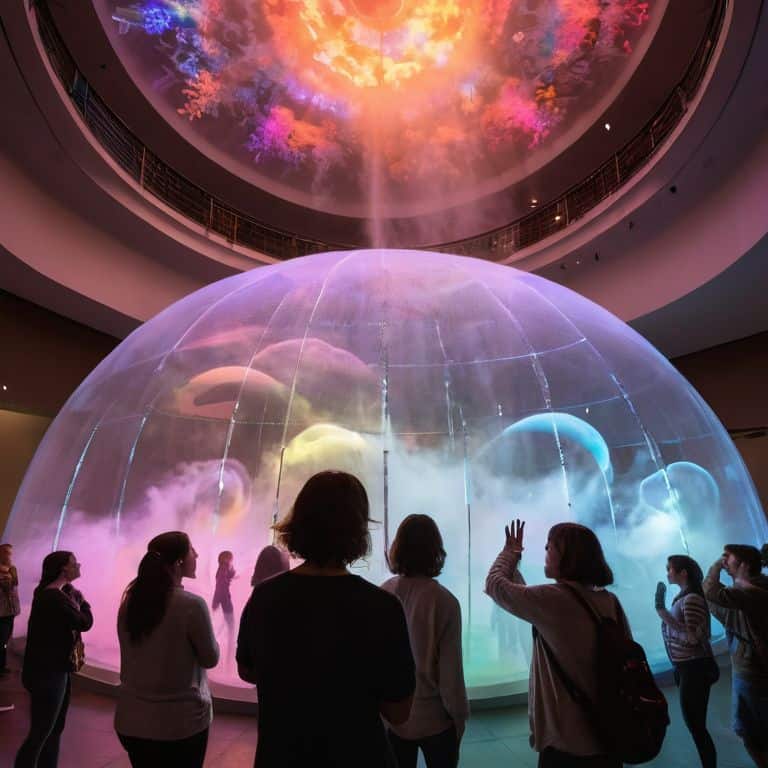
As I delve deeper into the world of immersive entertainment trends, I’ve noticed a shift in consumer behavior. People are no longer satisfied with just attending an event; they want to be an integral part of it. This desire for emotional connection is driving the demand for experiential marketing strategies that go beyond mere spectatorship.
One notable example is the rise of luxury travel experiences that offer curated, authentic cultural events. These events provide a sense of belonging and connection to the local culture, which is a key aspect of the experience economy. By participating in these events, individuals can create lasting memories and forge emotional connections with others.
The success of these experiences relies heavily on understanding consumer behavior and catering to their desires. As a cultural trend forecaster, I’ve observed that people are willing to pay a premium for experiences that offer a sense of community and exclusivity. This trend is redefining the way we think about luxury and entertainment, and it will be interesting to see how it evolves in the future.
Emotional Connections Through Experience
As I delved into the world of experience economy, I noticed that emotional connections are the unsung heroes behind its success. It’s not just about creating Instagrammable moments, but about crafting experiences that leave a lasting impact on our psyche. I’ve seen this play out in street style photography, where a single shot can evoke a sense of nostalgia or longing.
The most effective experiences are those that create a sense of belonging, making us feel like we’re part of something bigger than ourselves. Whether it’s a music festival, a pop-up art exhibit, or a bespoke workshop, the goal is to foster a sense of community and shared experience that transcends mere entertainment.
Experiential Marketing Beyond Photo Ops
As I delve into the world of experiential marketing, I notice that it’s no longer just about creating immersive experiences, but also about crafting a narrative that resonates with the audience. It’s about understanding what drives their desires and tastes, and using that insight to create meaningful connections.
Beyond the surface level, I believe that emotional authenticity is key to making experiential marketing truly effective. It’s not just about staging a photo op, but about creating a sense of community and shared experience that lingers long after the event is over.
Beyond the Hype: 5 Key Strategies to Thrive in the Experience Economy
- Stop thinking of experiences as mere add-ons and start designing them as the main event, because let’s face it, who needs another product when you can sell a feeling?
- Immerse your customers in storytelling, not just branding, to create an emotional connection that goes beyond a simple transaction
- Ditch the photo ops and focus on crafting authentic moments that resonate with your audience, making them feel like they’re part of something bigger than themselves
- Curate experiences that are ridiculously exclusive, or at least feel that way, to tap into our deep-seated desire for uniqueness and social status
- Use data and feedback to refine and iterate your experiences, because the experience economy is all about evolution, not revolution – and if you’re not adapting, you’re already behind the curve
Key Takeaways from the Experience Economy
Immersive experiences are redefining luxury, with consumers seeking authentic, memorable moments that go beyond material possessions
Emotional connections are at the heart of the experience economy, with brands that create meaningful, shareable experiences seeing significant returns in customer loyalty and engagement
Experiential marketing has evolved beyond photo opportunities, with successful brands now focusing on crafting multi-sensory, culturally relevant experiences that resonate with their target audience on a deeper level
The Heart of the Matter
The experience economy isn’t just about crafting memorable moments, it’s about tapping into our deep-seated desire for connection and meaning in a world that’s increasingly driven by the ephemeral and the virtual.
Sloane Palmer
Beyond the Hype: The Lasting Impact of Experience Economy

As we’ve explored the experience economy and its various facets, it’s clear that this trend is more than just a fleeting fad. From immersive trends redefining luxury to the cultural currency of authentic events, the experience economy has become a driving force behind consumer behavior. By cracking the code of experiential marketing and creating emotional connections through experience, businesses can tap into the desires of their audience and create lasting impressions. Whether it’s through experiential marketing or the strategic design of memorable events, the experience economy offers a wealth of opportunities for innovation and growth.
So, what’s the ultimate takeaway from our deep dive into the experience economy? It’s that the pursuit of experience is not just about selling a feeling or creating a photo op – it’s about understanding the cultural forces that drive human desire and connection. As we move forward in this landscape, it’s crucial to remember that the experience economy is not just a market trend, but a reflection of our collective longing for meaning, community, and authenticity. By embracing this shift and creating experiences that resonate with our values and aspirations, we can unlock a more fulfilling and inspired way of living.
Frequently Asked Questions
How can smaller businesses compete in the experience economy when they don't have the same resources as larger corporations?
For smaller businesses, it’s not about replicating grand experiences, but crafting intimate, hyper-local ones that speak to the community’s unique character – think secret supper clubs, bespoke workshops, or underground art exhibits that foster a sense of belonging among attendees.
What role does social media play in shaping our perceptions of experiences and influencing our decisions to participate in them?
Social media is the experience economy’s biggest stage, where curated moments are showcased and desires are sparked. Platforms like Instagram and TikTok create a sense of FOMO, influencing our perceptions and fueling our desire to participate in experiences that will garner likes and envy.
Can the experience economy be sustainable in the long term, or will it eventually become oversaturated and lose its appeal?
I’m not convinced the experience economy will lose its luster anytime soon. As consumers, we’re craving meaningful connections, and experiences deliver. However, sustainability will depend on brands’ ability to innovate and prioritize authenticity over gimmicks, ensuring each encounter feels unique and impactful, rather than formulaic and tired.
